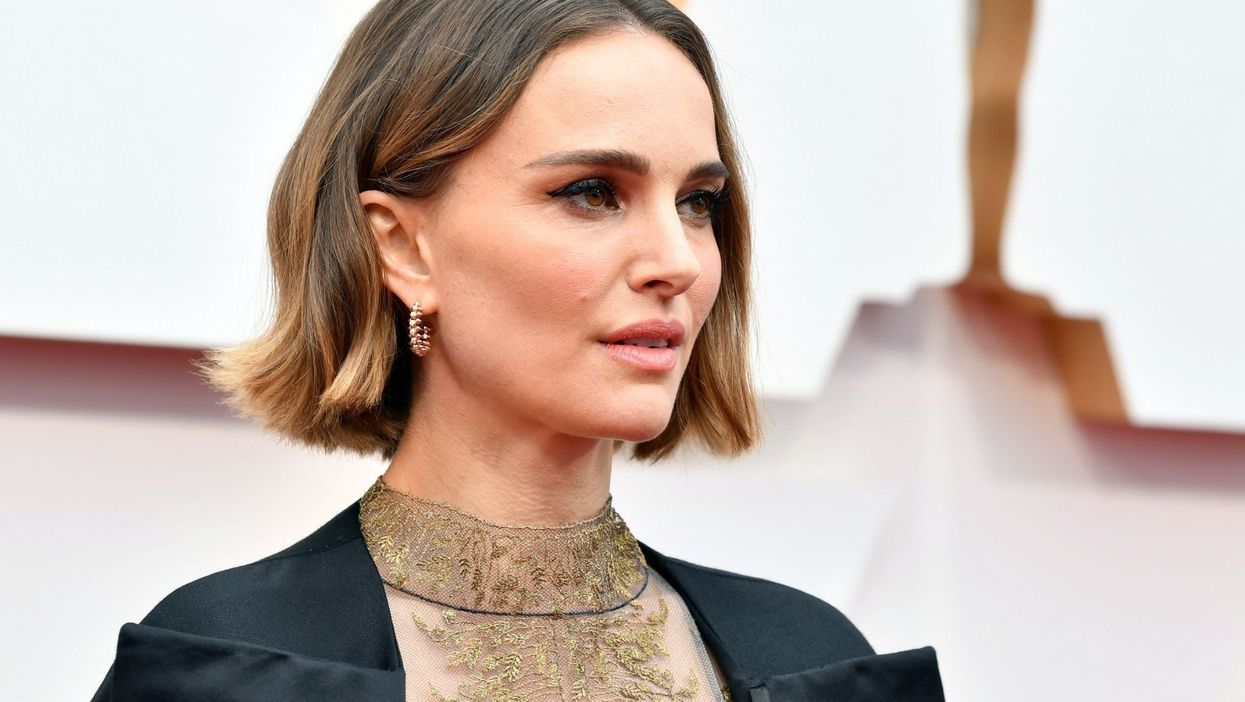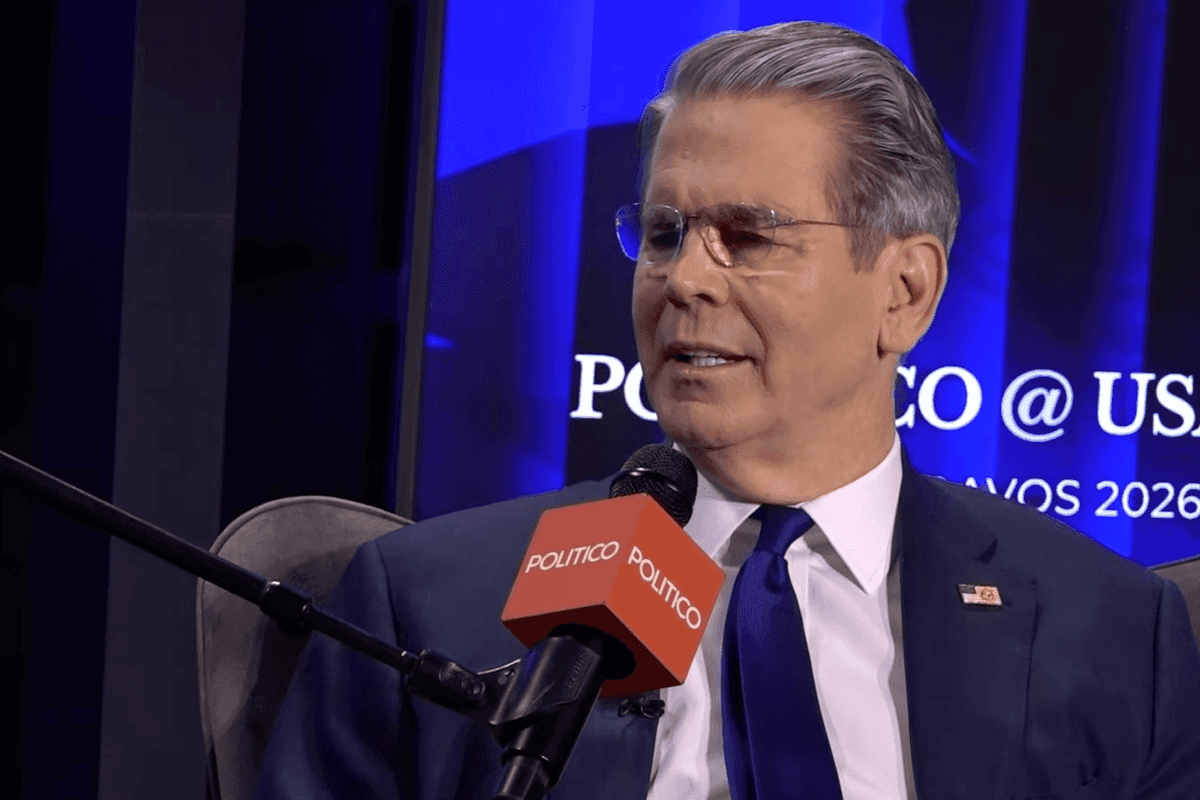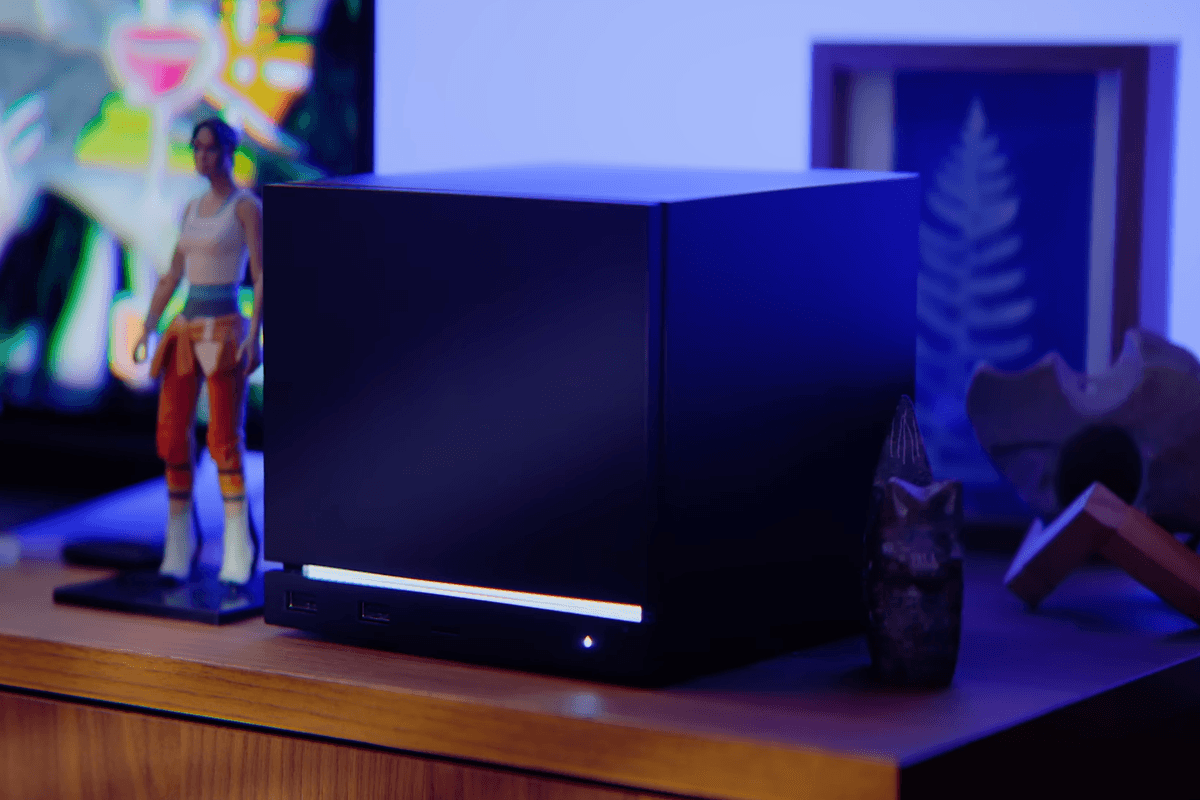Showbiz
Isobel van Hagen
Dec 09, 2020

Getty
Natalie Portman has been a highly successful actress since her early teenage years – but that fame came with some complications and discomfort.
The Oscar winner discussed being sexualised from a very young age on the podcast Armchair Expert with Dax Shepard, and considered the effects of being portrayed as a “Lolita figure” in her earliest roles.
Portman, now 39, played her first role at the age of 12 in Léon: The Professional and starred in Beautiful Girls two years later.
Shepard, an American actor who hosts the podcast, said that while he loved Portman growing up – he has since reconsidered the ‘dicey’ implications of her age.
“The premise of Beautiful Girls is Timothy Hutton gets infected with this cute girl who’s precocious and wiser than her years and there’s something whimsical about it,” Shepard said.
“There’s some pretty things, and there’s some complicated, dicey things, and now I don’t know that movie gets made. There’s so many layers to, there were times I was like ‘I shouldn’t be so in love with this girl, but Timothy Hutton is.’”
(In the film, Hutton plays a grown man with feelings for with 13-year-old neighbor Marty – played by Portman).
Her photo graced the inside of my toolbox for 15 years. Natalie Portman is the apex of talent. Smart, mindful, and… https://t.co/y2lfroeX8M— dax shepard (@dax shepard) 1607359534
“I was definitely aware of the fact that I was being portrayed... as this Lolita figure and stuff,” Portman replied.
“Being sexualized as a child, I think, took away from my own sexuality because it made me afraid,” Portman continued.
Portman explained that she dealt with the issue by building an emotional “fortress” around her to “feel safe.”
"It made me feel like the way I can be safe is to be like, ‘I’m conservative, and I’m serious, and you should respect me, and I’m smart and don’t look at me that way.’ Whereas, that age, you do have your own sexuality, and you do have your own desire, and you do want to explore things, and you do want to be open, but you don’t feel safe, necessarily, when there’s, like, older men that are interested and you’re like ’No, no no no no no’".
“So many people I think had this impression of me that I was, like, super serious, and prude and conservative,” she continued. “I realize I consciously cultivated that because it was a way to make me feel safe. ‘Oh, if someone respects you they’re not going to objectify you.’”
“It worked out, luckily,” she added. “I mean, I was safe.”
This interview was not the first time the actress discussed the consequences of being sexualised as a child actress. In a speech at the 2018 Women’s March, she described various instances of objectification in her childhood, saying that “men would feel entitled to discuss and objectify my body to my great discomfort”.
Top 100
The Conversation (0)













